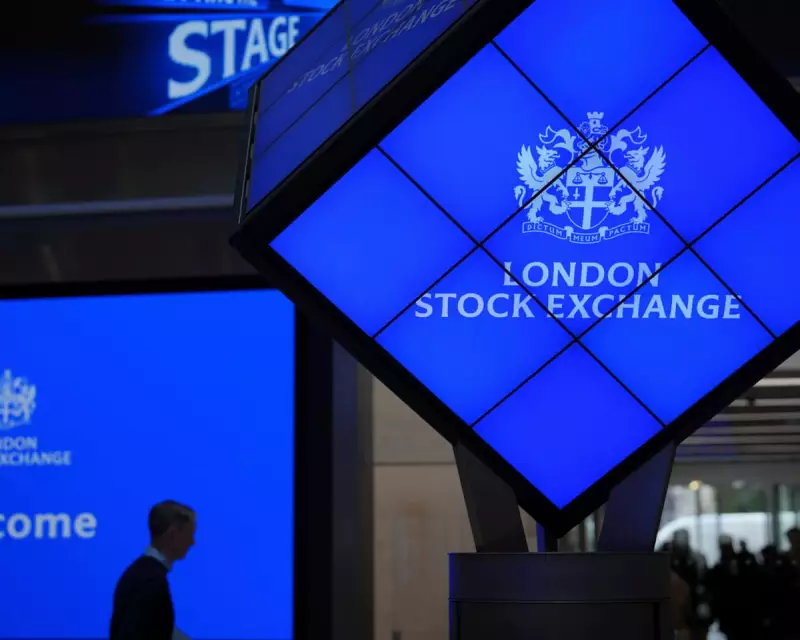
The London Stock Exchange (LSE) has long been a symbol of Britain's financial prowess, but its recent struggles paint a worrying picture. Plummeting listings, declining investor confidence, and an exodus of companies to rival markets suggest a deeper malaise in the UK's economic model.
A Market in Decline
Once a global financial hub, the LSE is losing its competitive edge. High-profile companies are choosing New York or Frankfurt over London, citing better valuations and a more supportive regulatory environment. The numbers speak for themselves: listings have halved in the past decade, while market capitalisation has stagnated.
Beyond the Stock Exchange
Experts argue the LSE's troubles reflect wider structural problems:
- Short-termism: UK investors prioritise quick returns over long-term growth
- Regulatory hurdles: Post-Brexit rules have made London less attractive
- Innovation deficit: The UK struggles to nurture and retain high-growth tech firms
Time for Reform?
Some propose radical solutions:
- Overhaul pension fund rules to encourage long-term investment
- Create tax incentives for growth companies to stay listed in London
- Develop a more flexible regulatory framework post-Brexit
Without urgent action, Britain risks becoming a financial also-ran in an increasingly competitive global economy. The LSE's struggles may just be the canary in the coal mine.





